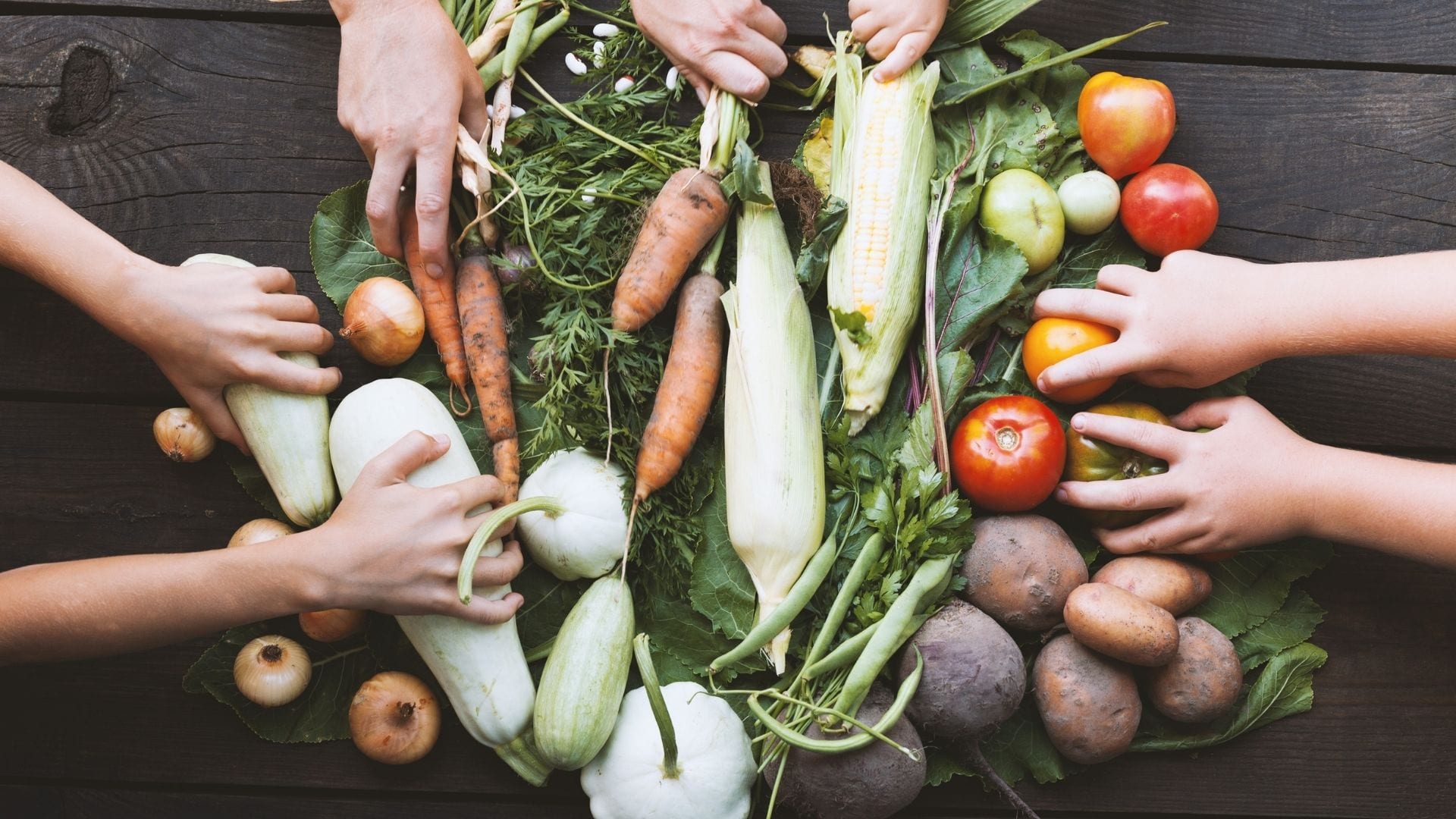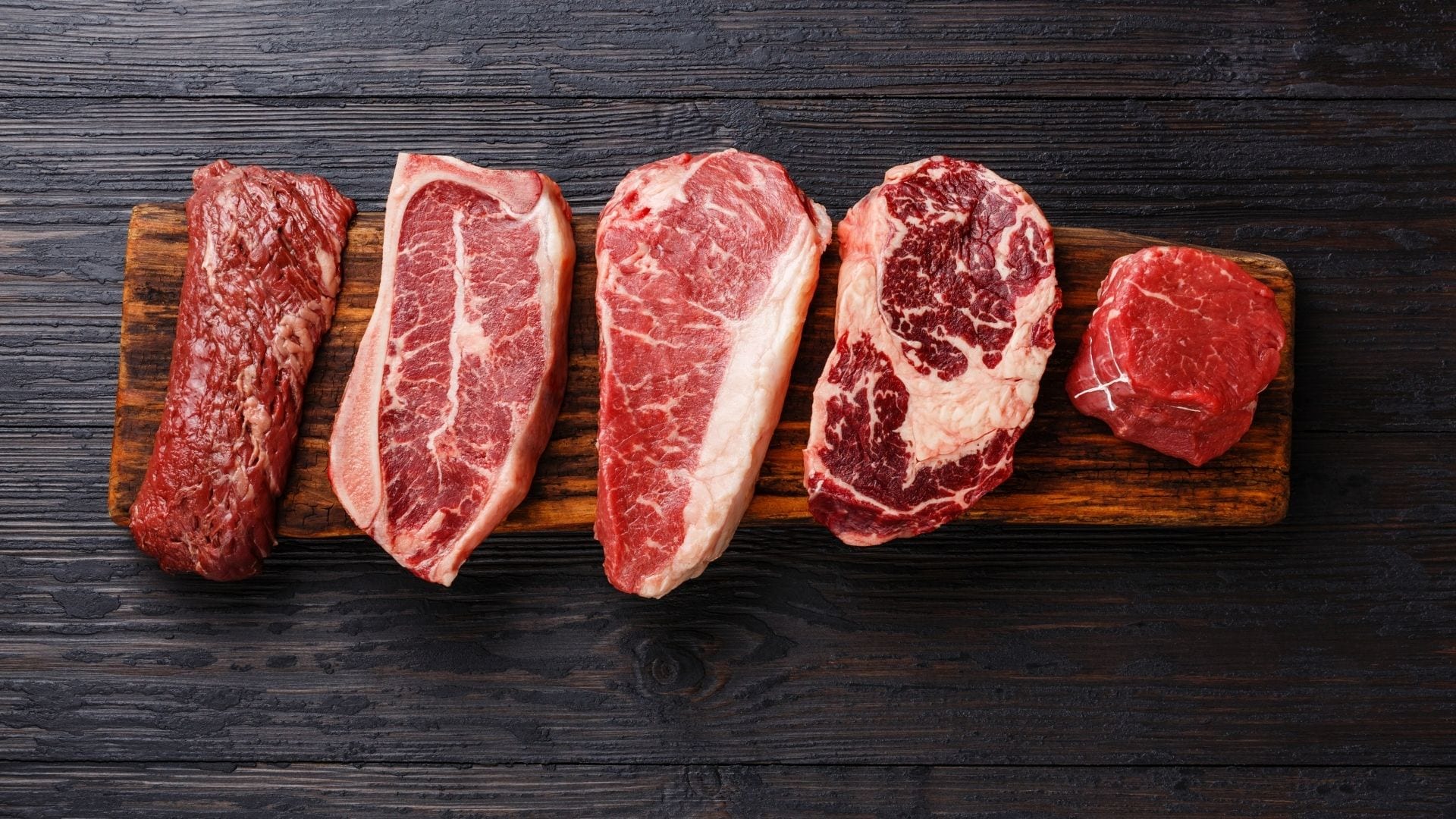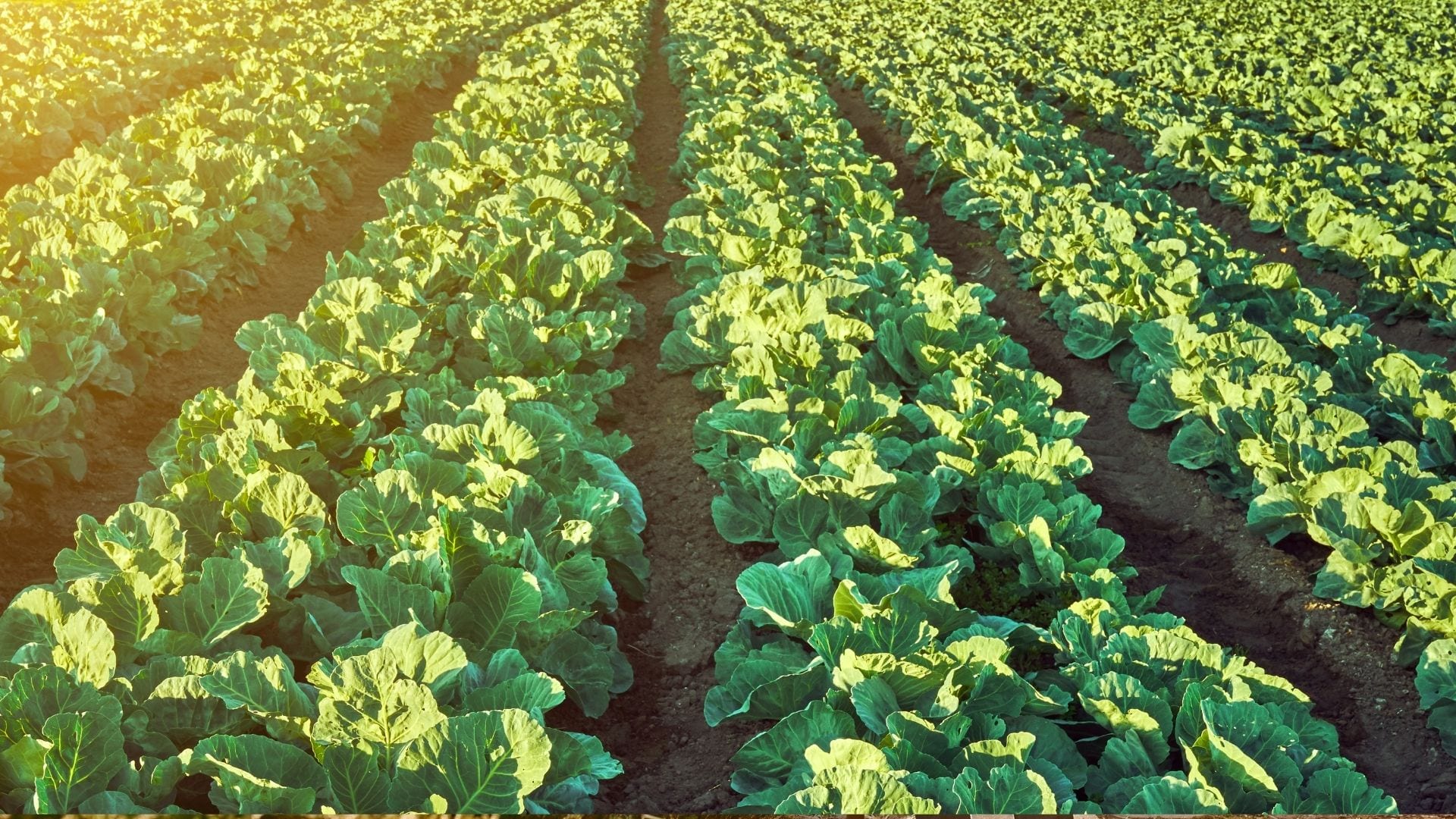Are you serious about climate protection? By following just a few simple tips, you can significantly contribute to making your lifestyle more sustainable.

Regional, seasonal, fair trade, organic or vegan food: Terms that everyone has heard before, but aren’t necessarily that easy to keep track of. Find out how you can recognise sustainable products at the supermarket and make a positive impact on our environment through your shopping behaviour in our five tips for more sustainable shopping.
- Tip: Buy regional and seasonal food
Strawberries in winter or avocado for breakfast? Sounds normal to lots of people! And no wonder: Supermarkets do their best to ensure that our favourite fruit and vegetables are available all year round. However, we can only purchase many of these foods after they have been transported vast distances, grown in greenhouses or stored in warehouses. Instead, why not opt for produce that is in season and regionally grown? A seasonal calendar will tell you which fruit and vegetables are currently in season. By making this decision, you are not only reducing CO2 emissions, but are also supporting farmers in your region. Another positive side effect: The fruit and vegetables taste even better because they are fully ripe! But be careful: The term “regional” is not uniformly defined. Therefore, it is best to buy your produce directly from producers at farm shops or weekly markets.

- Tip: Less animal products – back to the Sunday roast
Many people will still remember how things used to be: Meat was something special and was only eaten on Sundays or at celebrations. However, now the average Irish person consumes up to 60 kilograms of meat every year, which accounts for about 40% of the greenhouse gas emissions generated by food in Ireland. Added to this are animal products such as milk and eggs. Livestock farming and feed crops produce large quantities of greenhouse gases that harm the climate. The Irish Nutrition Society recommends consuming no more than 300-600 grams of meat per week. This is not only better for the environment, but also for your health. Therefore, why not try one of the many alternatives on offer? The market for meat substitutes has grown so much in recent years that you really don’t have to give up anything. If you do want to eat meat, then remember: Quality over quantity, and pay attention to animal welfare considerations when buying meat.

- Tip: Organic instead of conventional agriculture
According to several studies, organically grown food produces far fewer greenhouse gases and pollutants than food grown with conventional farming methods. The absence of pesticides makes an important contribution to preserving biodiversity and soil quality. As a result, the food itself is also less contaminated. Therefore, look for the organic label at the supermarket or, even better, the additional label of organic farming associations, whose guidelines guarantee even higher quality. But be sure to choose regional products too, because a mango that is organically grown but has to be flown in by plane is less sustainable.

- Tip: Say no to single-use packaging
Even though takeaway products and pre-cut food are convenient, try to resist the temptation and do without disposable packaging. These days, it is no longer easy to find packaging-free products. Most of the time we even find fresh fruit and vegetables wrapped in plastic. So visiting a packaging-free shop is definitely worthwhile: The business model completely dispenses with packaging and the food items are also mostly organically grown, regional and seasonal. Also, always remember to take a cloth bag with you when you go shopping to avoid buying a plastic bag at the checkout.

- Tip: Less food waste thanks to correct storage
On average, every Irish person throws away 82 kilograms of food every year. You can avoid doing this by planning your shopping carefully and not buying too much at once: Your wallet will also thank you! Since the best-before date is not a throw-away date, it’s better if you trust the look, smell and taste of the food instead. Proper storage is also crucial for avoiding food waste. The ideal storage climate of the BioFresh compartment in your Liebherr fridge significantly extends the storage life of your food. This ensures that less food goes off and doesn’t have to be thrown away.

#sustainability, #shopping, #environment, #climateprotection, #regional, #seasonal, #vegetarian, #organic, #foodwaste